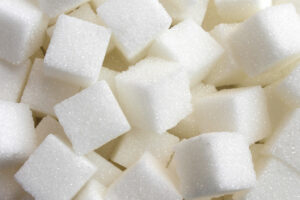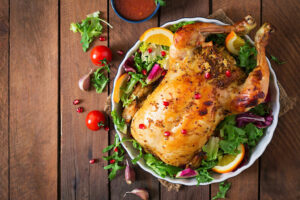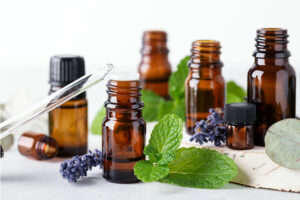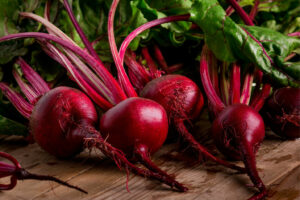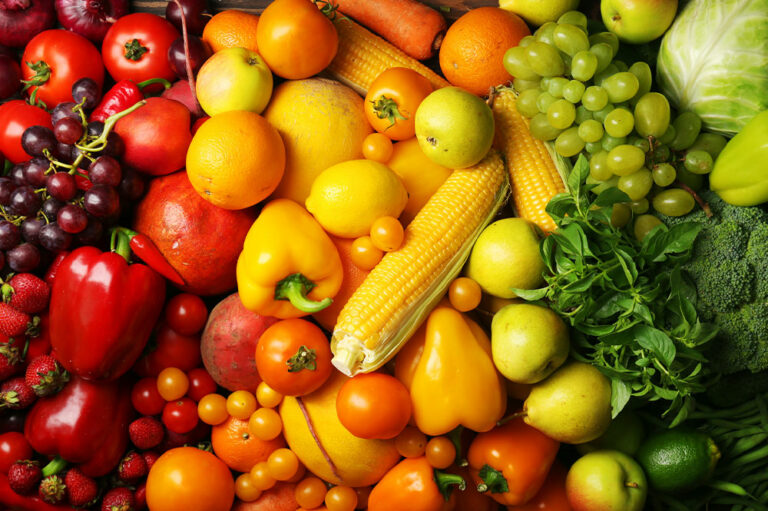
10 nutrition tips for managing PAH
Pulmonary arterial hypertension (PAH) is a chronic condition characterized by high blood pressure in the arteries that go from the heart to the lungs. One may also experience chest pain, shortness of breath during periods of activity, dizziness, and swelling in the ankles and legs. The condition causes the narrowing or blocking of the arteries in the lungs, making the heart work harder to pump blood. This leads to weakened heart muscles and heart failure. Nutrition tips Living with PAH can be difficult. Although there is no cure yet, doctors may recommend treatment plans to manage the condition better. These treatments can further be supplemented by following a healthy nutritional plan. So, here are some tips to help one manage PAH better: Reduce salt and sodium intake Cutting back on salt and sodium intake is often the first piece of advice for those when dealing with PAH. Those living with PAH must limit their sodium intake to less than 2,000 milligrams a day. This is because excess sodium increases water retention in the body, making the heart work harder to pump blood, worsening the symptoms of PAH. Salt is a common additive in baking mixes, pickled foods, deli meats, frozen dinners, cheese, milk, canned vegetables, condiments, and sauces.
Read More 